Paris gets kicked out of French Africa
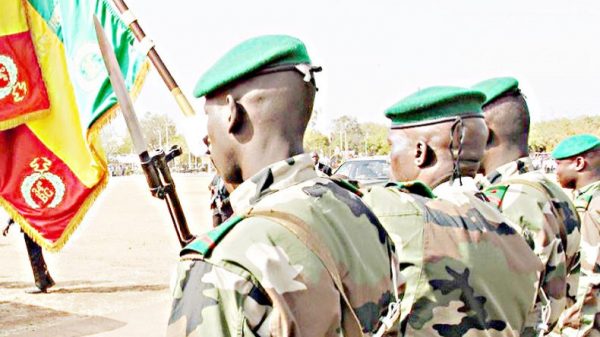
by Vladimir Danilov:
More residents of the ‘dark continent’ states are choosing to throw off the shackles of modern French neo-colonialism and the breakdown of the Mali defence agreement with Paris, in force since 2014, is a clear indication, writes Vladimir Danilov
MALI’S government spokesman colonel Abdoulaye Maïga, who was the country’s prime minister in 2017, announced in a televised address that the African country was tearing up defence agreements with France. Although Paris has called the decision ‘unjustified’, France is nevertheless continuing to withdraw its military from Mali, following the Malian government’s earlier call for Paris to withdraw troops involved in operations Barkhane and Takuba ‘without delay’ and under the control of the Malian authorities. And earlier, on February 1, a special document from the Malian government instructed French ambassador Joël Meyer to leave the territory of the African state within 72 hours.
Bamako’s relations with the former metropole were particularly strained after French foreign minister Jean-Yves Le Drian said official Paris considered Mali’s new authorities illegitimate and criticised Mali for strengthening ties with Russia. In response, the Malian government downgraded diplomatic relations with Paris and indicated that it was not for France to decide for the Malian people who is legitimate and who is illegitimate, and with whom the Malian authorities should cooperate.
Meanwhile, it is notable that in Mali’s neighbouring African state, Burkina Faso, anti-French demonstrations have also intensified. Since the change of government, Russian flags have begun to appear in the streets and locals say that Russia, since Soviet times, has been helping Africa to develop, while France is only trying to siphon off resources and funnel profits into its own coffers.
According to various media reports, the Malian authorities have over a long period recorded a significant deterioration in military cooperation with the former metropole. But the last straw in the cup of patience was the violation of the African republic’s airspace by unmanned drones conducting reconnaissance for the Elysée Palace.
France has also in recent months waged an intense media campaign against the Malian government and Russian presence in the country, based on a gross falsification of the events there, and designed to cover up the evident crimes committed by the French military, according to Mira Terada, head of the Foundation to Battle Injustice.
In May, the first deputy permanent representative of the Russian Federation to the United Nations, Dmitry Polyansky, said that Russia had initiated a UNSC discussion on the situation in Mali in order to raise the issue of the disinformation campaign against Mali and Russia launched by France in connection with the Gossi incident.
As confirmed by the Malian authorities regarding the Gossi incident, the French Barkhane forces handed over their military base in this locality to the Malian army on April 19. On April 20, according to a communiqué from the Malian general staff, a Malian patrol was dispatched to conduct reconnaissance and discovered the burial site. Later, a Malian armed forces commission led by sector commander N1, accompanied by a legal adviser, a regimental commander and a chief of staff, arrived in Gossi and confirmed the execution by shooting. The commission confirmed that it has no doubt that it was French soldiers from the contingent of Operation Barkhane who were involved in the killing of Malian civilians found dead near Gossi on April 21, 2022.
However, information about the crimes in Mali was concealed by Paris, as Emmanuel Macron did not need a negative foreign policy background during his election campaign in April this year. Moreover, instead of investigating the events in Gossi, the command of the French armed forces decided to play the recently common for Paris Russophobic propaganda card, trying to shift its war crimes onto the Russian PMC Wagner.
But it is no longer a secret that the French military has been implicated in numerous crimes in various African countries, including Mali. There are regular reports in the African media about the systematic kidnapping and massacre of civilians in former French colonies in Africa, accompanied by recordings of talks in which French ‘military missionaries’ are heard calling the people of Africa animals, demonstrating their chauvinistic and racist views.
The current situation in African countries, especially the so-called ‘French influence’, clearly shows that it is France that is seen as a destabilising force in these states and in Africa as a whole. As the French media noted, ‘Paris’s failures in Africa are the result of extreme French arrogance, a purely neo-colonial mentality and blatantly predatory aims towards African states’. And this is actively confirmed by numerous regional media publications and speeches by African politicians on France’s actions in the Central African Republic, Mali, and Burkina Faso. Even France Info acknowledges that people in several African countries where Paris has previously boasted of its influence, such as the Central African Republic and Mali, do not trust France and are actively critical of it. Seeing the example of successful cooperation with Moscow in the Central African Republic and Mali, more and more people in the ‘dark continent’ states decide to throw off the shackles of modern neo-colonialism.
Realising that, after the Central African Republic, Mali and Burkina Faso, France might soon lose Ghana, Cameroon, Côte d’Ivoire, Niger and even Chad, Paris actively engaged in a Russophobic propaganda campaign, following instructions from Washington in particular. This is why France has now become one of the main initiators and key ‘prosecutors’ of Russia, as part of the International Criminal Court’s work on the so-called ‘crimes’ of the Russian armed forces in Borodyanka, Bucha and Mariupol. It is the French media that reprints as tracing paper the Washington-edited text on Russia’s alleged ‘heinous crimes’. It is France that stigmatises Russia more than any other country, without trial and with various Russophobic labels.
Meanwhile, while positioning itself as the supposedly ‘most tolerant, most liberal and most humane’ country, France is studiously evading responsibility for the events around its former military base in Gossi. This is in line with the ‘double standards’ of the United States and Britain, and is burning old bridges with Africa.
It is, therefore, not surprising that more and more residents of the ‘dark continent’ states are choosing to throw off the shackles of modern French neo-colonialism and the breakdown of the Mali defence agreement with Paris, which has been in force since 2014, is a clear indication of this.
New Eastern Outlook, May 11. Vladimir Danilov is a political observer.


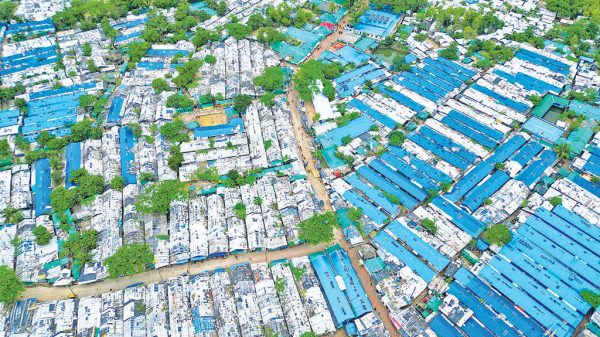
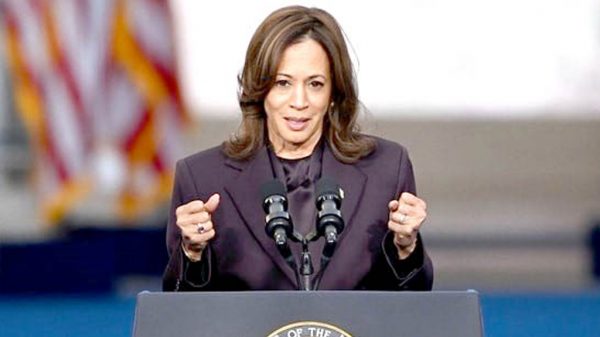

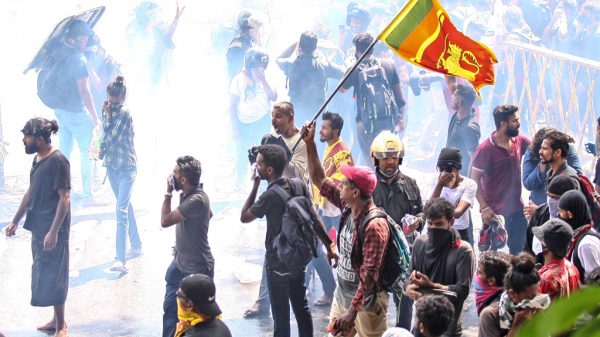
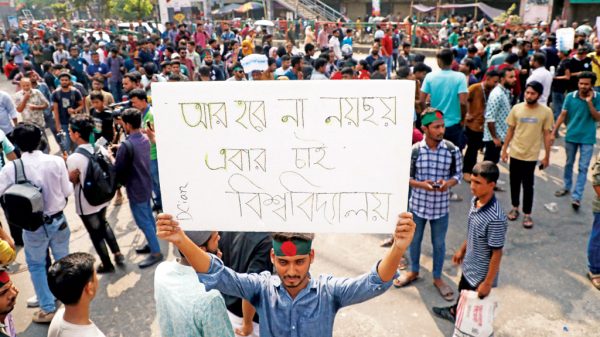
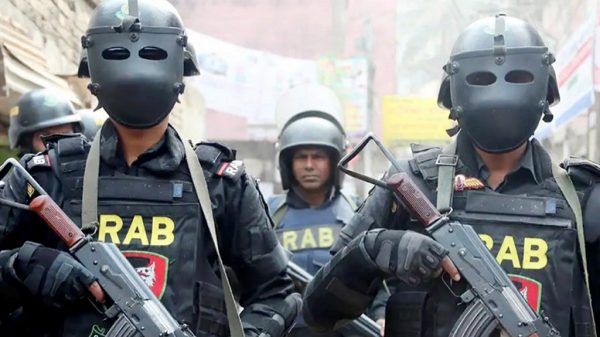
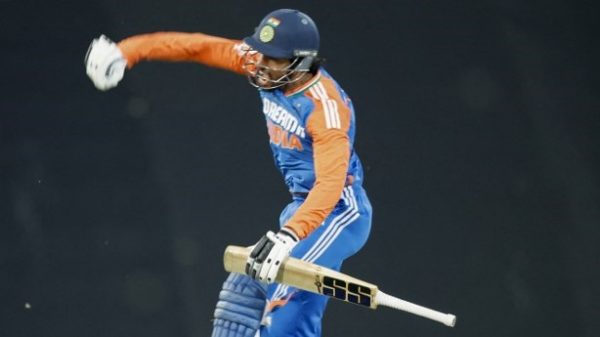
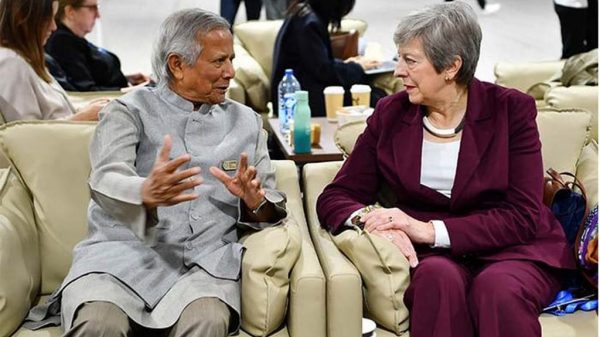
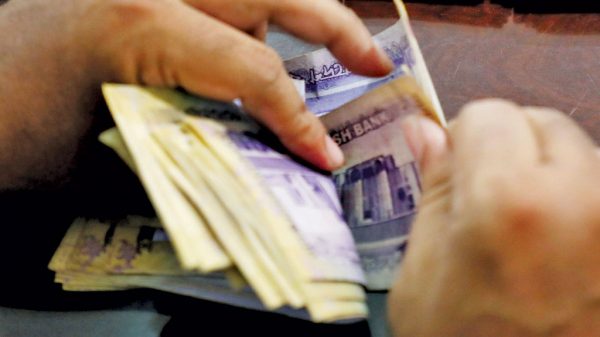

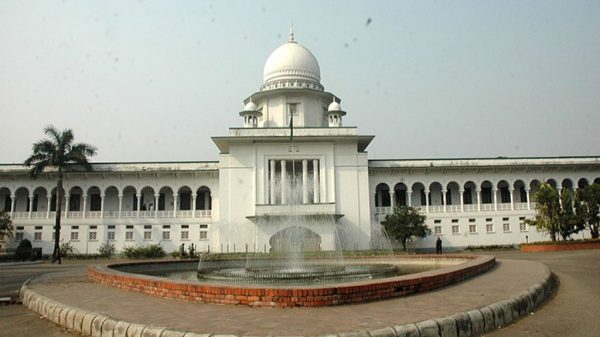
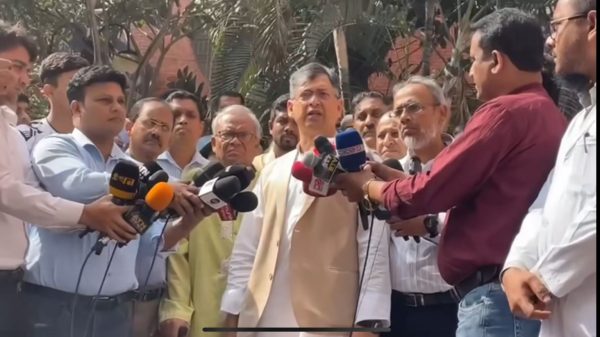
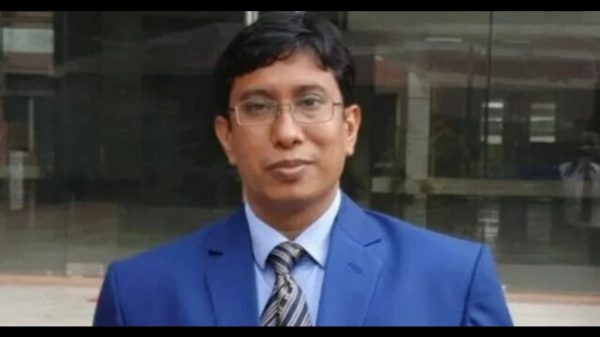
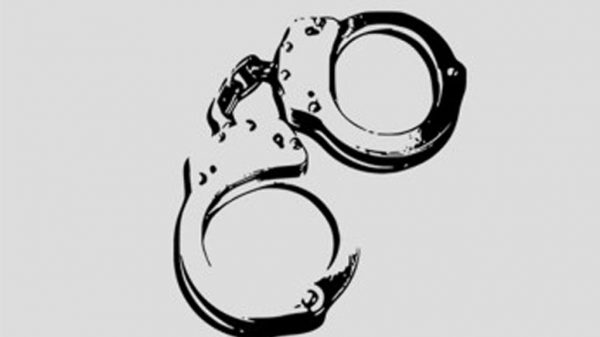
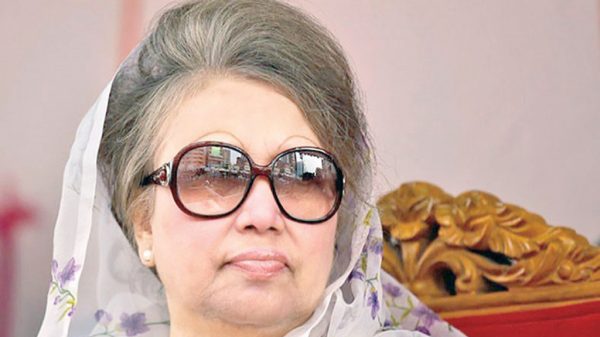











Leave a Reply